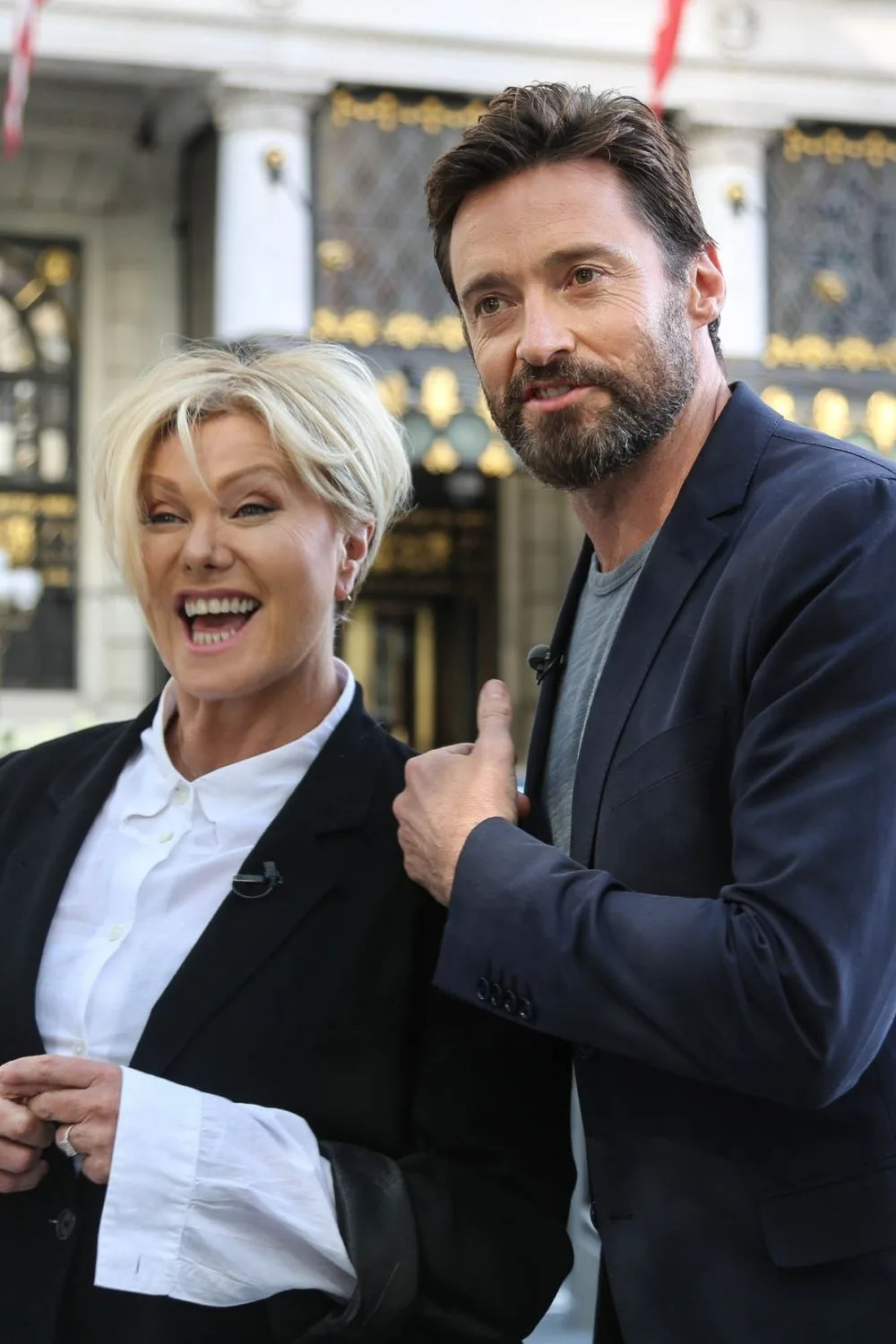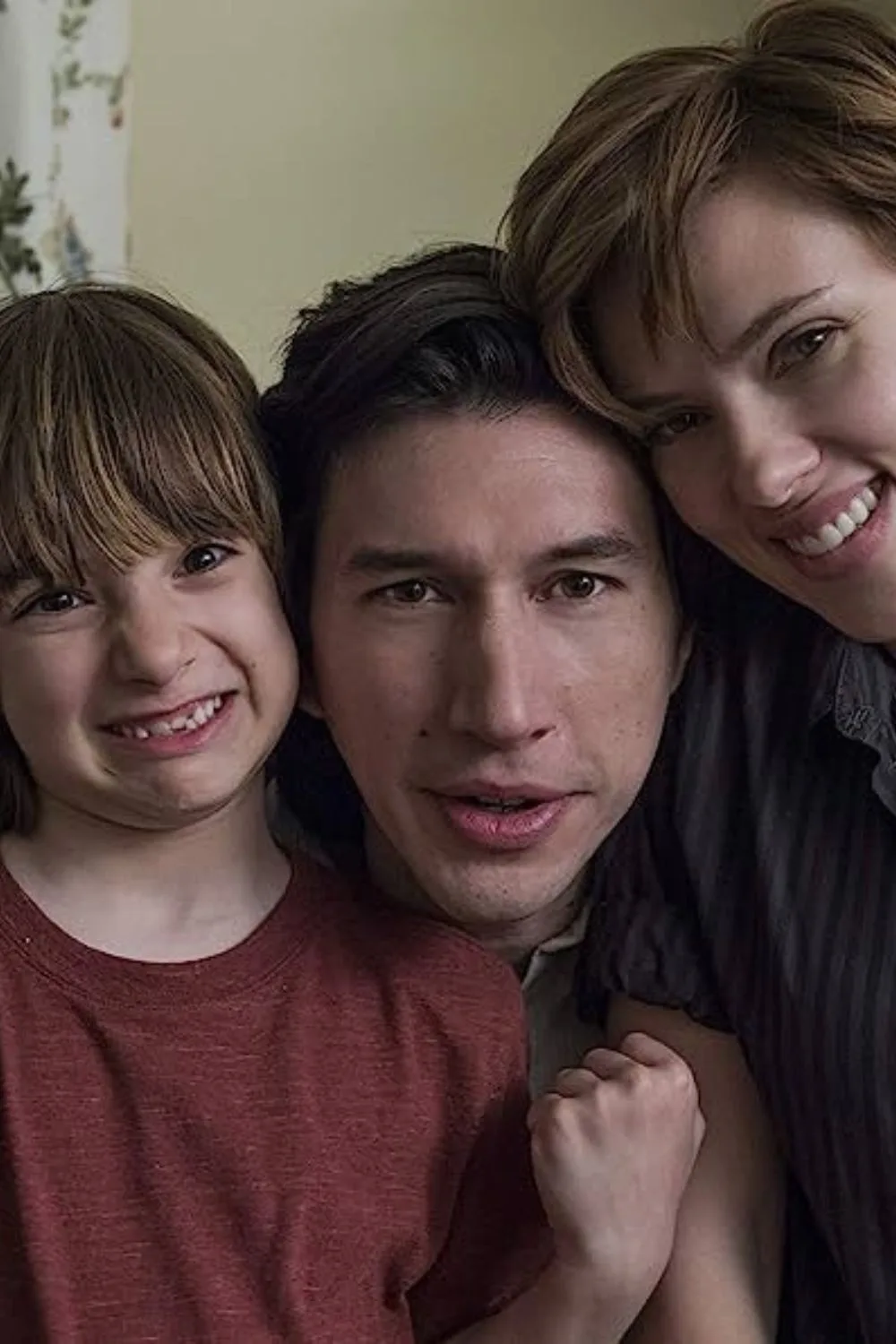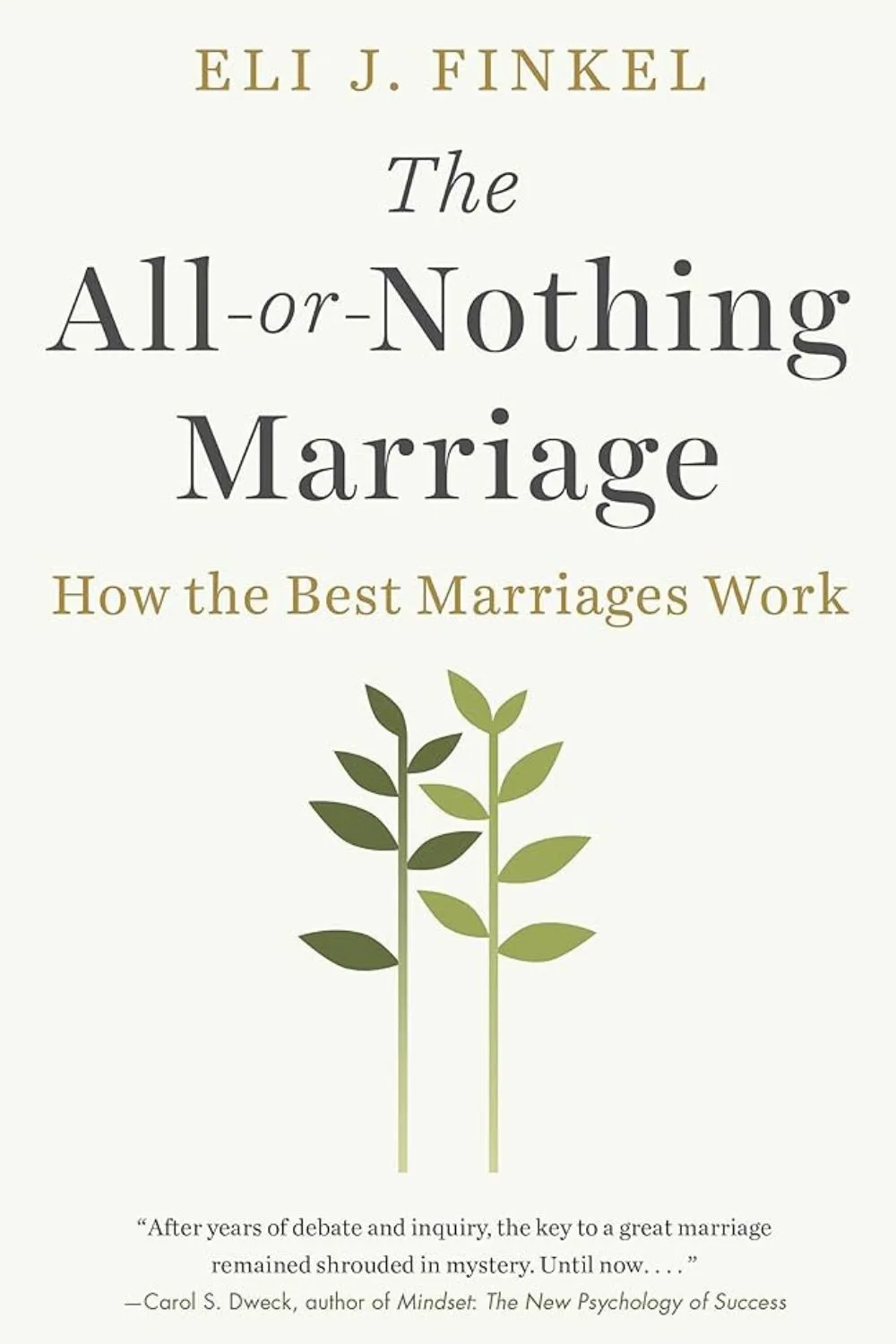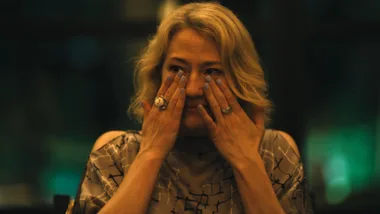If you’re feeling overwhelmed by the onslaught of celebrity divorces this year, you’re not alone.
It started with the Joe’s (Joe Jonas and Sophie Turner, Joe Manganiello and Sophia Vergara and Joe Alwyn and Taylor Swift – the latter not married but after six years together it felt like a divorce) and has gone on from there. We’ve also seen Ariana Grande split from her husband Dalton Gomez, and Britney Spears split from Sam Asghari.
However, there’s another trend talking hold, called a ‘grey divorce’. This essentially refers to those more established couples who decided to call it quits in older age.

In the celebrity zeitgeist, we’ve seen Kevin Costner call it quits with Christine Baumgartner after 18 years, and Aussie heart-throb Hugh Jackman end his 27-year romance with Deborra-Lee Furness.
After all this ‘conscious uncoupling’ and ‘grey divorcing’, it’s easy to feel like love isn’t such a splendid thing after all. So, we picked the brains of author Eli J. Finkel, who literally wrote the book on marriage (The All-Or-Nothing Marriage: How The Best Marriages Work) on how we can create stronger connections.
How Has Marriage Shifted Over The Past Few Hundred Years?
Since the colonial era, middle-class marriage has gone through three major eras. The first, which lasted from the 1600s until around 1850, was a pragmatic era in which life was precarious and spouses looked to each other for help with fulfilling basic survival needs—literally things like food, clothing, and shelter.
The second, which lasted from 1850 until around 1965, was a loved-based era in which people began to view marriage as fundamentally oriented toward the emotional fulfilment of the spouses—with a particular emphasis on love.
The third, which began in around 1965 and persists today, is a self-expressive era in which people continue to seek love, but love is no longer sufficient—we increasingly require that the marriage also help to fulfil our pursuit of personal growth and self-expression.
The Average Age For Marriage Is Getting Later, What Impact Does This Have On Marriage?
This tendency toward marrying at later ages is more of a consequence than a cause of changes in marriage. As we increasingly look to marriage to serve self-expressive functions, and as marriage has become increasingly optional as both men and women can support themselves as singles, marriage shifted from the first to the last stage of the transition to adulthood.
These days, we like to establish ourselves as independent adults before we tie the knot.

We Don’t Need To Get Married Today, Why Do We Keep Doing It?
Yeah, it’s surprising, right? The vast majority of people who aren’t religious—and therefore don’t view marriage as a sacrament before God—and who are financially secure get married. I doubt it’s for tax reasons.
[We] continue to value the institution of marriage—more so than western Europeans, for example—and believe that getting married is a key element of living a fully satisfying life.
What Impact Does Spending So Much Time In A Family Unit With Kids Have On Marriage?
Yes, it’s remarkable how much more time we spend engaged in active play with our children than our grandparents did with their children, a trend that’s especially strong among the highly educated.
This trend has many benefits, but it also has costs, particularly because the intensive parenting time comes at the expense of time we could spend in other ways. As a marriage researcher, one concern I have is that this intensive parenting time comes at the expense of the cultivation of the marital relationship.
And the fact is that sustaining a strong marital bond is one of the best things we can do for our children, which makes it important to recognize not only that our children need dedicated attention, but also that one of the kind things we can do for them is take enough time away from them to ensure that our marriage stays strong.

What Does A Good Marriage Look Like?
There are many ways to achieve a good marriage. Indeed, that’s one of the central lessons of my book. But the marriages that are flourishing the most are those in which the two spouses bring high expectations to the marriage and then invest enough in the relationship to ensure that the marriage actually meets those lofty expectations.
Do We Expect Too Much From Our Partners?
I know this is a question that many people are asking today, but I believe that it’s the wrong question. The question is whether our expectations are appropriately calibrated in light of what the marriage can realistically provide.
Assuming we’re compatible with our spouse, and that both of us are willing and able to invest a great deal in the marriage, then having high expectations can help to push us to have a profoundly fulfilling relationship.
In contrast, if compatibility is lower, or if we lack the motivation or ability right now to invest heavily in the relationship, then we should try to lower our expectations. Ideally, we’ll calibrate our expectations upward and downward as circumstances require such shifts.
How Do We Know When Our Marriage Is In Trouble?
Unfortunately, there’s no hard and fast rule here. The only thing I would say is that it’s sad when an otherwise-strong relationship fails because the spouses lacked the skills or insight to endure and grow through the hard times and savour the good times.
For many people, reading a good book on marriage — ideally one based on scientific findings rather than just intuition—will do the trick. For others, seeking out couples therapy will do the trick.

How Do You Suggest We Create Time With Our Partners In Busy Family Life?
It depends what, in particular, we’re trying to cultivate. For example, if we’re trying to rekindle a sense of passion, one good option is to pursue novel, exciting activities together.
Engaging in comfortable, relaxing activities can make us feel close to our partner, but they’re less likely to promote passion.
What Characteristics Have You Found That Make For A Great Marriage?
I wrote a whole book on this topic! But one idea that helps is to try to approach conflict from the perspective of a neutral person who wants the best for everybody.
This straightforward perspective-taking task doesn’t require much work, but it makes us feel less distressed during conflict. More importantly, it helps us sustain higher levels of satisfaction over time.
What Are Three Quick Tips To Maintain (Or Create) A Strong Marriage?
One is the neutral-perspective tip I mentioned in response to the previous question.
A second is to try to adopt a key piece of Dan Savage advice for the bedroom—to try to be GGG (Good, Giving, and “Game”) to keep the sexual spark alive.
And a third is to focus not only on ways we can deepen our connection to our spouse, but also on ways we can take pressure off the marriage in domains where we experience chronic frustration or disappointment.
Again, they key idea is to calibrate our expectations to what the marriage can actually provide, doubling down on the strengths of the relationship and lowering expectations regarding the weaknesses.

Eli J. Finkel is a social psychology professor who focuses on interpersonal attraction, marriage, conflict resolution, and how our social relationships influence our goal achievement. He has a wife (and two children) as well as a best-selling book – The All-Or-Nothing Marriage. Find the book here.










